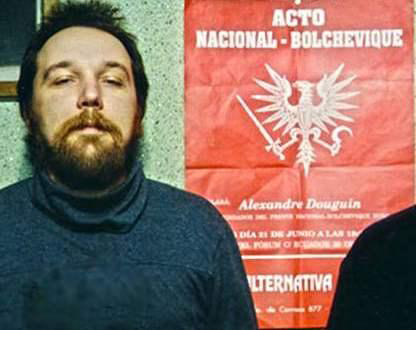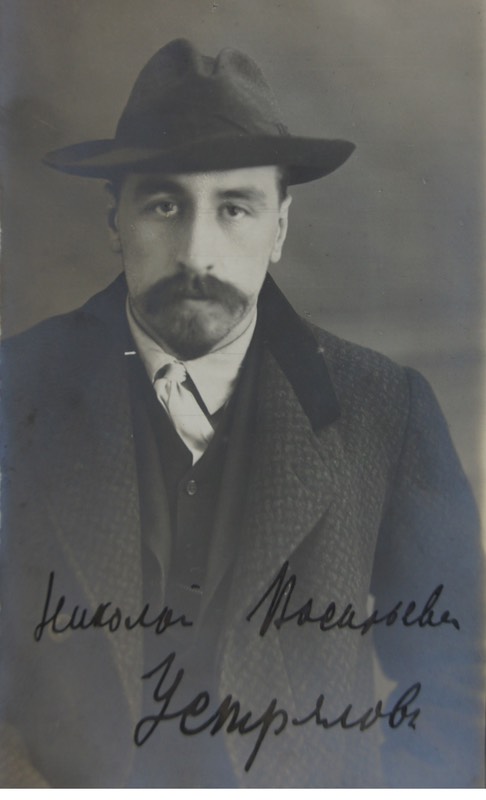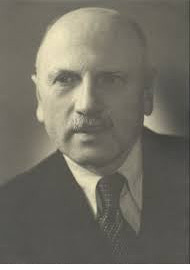Back to article index
INTRODUCTORY
At the end of my article about the 'Katehon' website in the last issue of Irish Foreign Affairs, I offered tentatively to 'descend more to particulars, the particular shape of Russia and its population(s).'
I still don't feel able to do this. 'Russia' - the Russian Federation - is an immensely complex network of different cultures. In some ways it occurs to me that Western notions of Russia have been greatly influenced by the part of 'Russia' closest to Europe, namely Ukraine. But how much do we know about the Republic of Adygea (population 452,000), the Republic of Bashkartostan (population 4,097,000), the Republic of Buryatia (population 1,003,000), the Kubardino-Balkar Republic (population 897,000), the Komi Republic (population 1,024,000) - to mention only five of the twenty one more or less autonomous republics among the eighty five administrative divisions which constitute what we gaily call 'Russia'?
For the moment, then, I'm going to continue along the lines I started in my 'Katehon' article, in particular looking at the thinking of of one of its principle and best known (in the West at least) contributors, Alexander Dugin, posing the problem of how the relative success of Vladimir Putin in establishing a politically stable Russia able to withstand the pressures exercised by 'the West', following the collapse of the USSR, can be continued once Putin himself departs the scene. A question inseparable from the question of what 'Russia' is as a moral unit, given the immensity of its land and the variety of cultures it embraces.
NATIONAL BOLSHEVISM

A younger Alexander Dugin
Dugin first came to public notice in the 1990s as the theorist of the 'National Bolshevik Party.' The flag of the National Bolshevik Party was a red base with a white circle but instead of the swastika one might expect to see in the white circle there was a hammer and sickle. It looked at first sight like a joke, the more so because the leader together with Dugin was Eduard Limonov, an exotic figure whose semi-autobiographical novel, It's me, Eddie, an account of his life in the punk subculture of New York, 'scandalised the Russian public with its many pornographic descriptions of homosexual acts involving the narrator.' I'm quoting the Wikipedia account. The cheapest copy of the English translation of It's me, Eddie I've found online costs £200.00. The party had a violent side to it and Limonov spent some time in prison for arms purchasing before eventually, to Dugin's disgust, teaming up with Gary Kasparov's pro-American 'Other Russia' party. (1)
(1) I give a much fuller account of all this in Peter Brooke: 'Third Rome, Third International, Third Reich - A review of Alexander Dugin: The Fourth Political Theory, London (Arktos) 2012', The Heidegger Review, No 1, July 2014, accessible on my website at http://www.peterbrooke.org/politics-and-theology/dugin-index/ Limonov, it should be said, himself Ukrainian, was very critical of Putin's failure after the Maidan coup of 2014, to take the Donbass as well as Crimea. I might add that since this was written a friend has lent me a copy of It's me, Eddie which I found rather tedious.
But the term 'National Bolshevism' was not invented by Dugin and Limonov. There had in fact been two movements in the 1920s which were called, or called themselves, 'National Bolshevik' - one of them Russian, the other German. The Russian one, based in Paris or Berlin, whichever happened at the time to offer cheaper living accommodation to Russian emigrés, published a paper called 'Changing Landmarks'. The reference was to the collection of essays - 'Landmarks' - published in 1909 by a group of Marxist intellectuals who had been converted to a more traditionally Russian, or Russian Orthodox, political philosophy. The best known theorist of the Changing Landmarks group was Nikolai Ustrialov, though he was actually part of the Russian emigré community in Harbin, in China. Ustrialov memorably compared Russian Bolshevism to a radish - red on the outside, white on the inside. The great achievement of the Bolsheviks in his view was to restore the Russian state after it had collapsed through the liberal revolution in February 1917 and the subsequent civil wars. The movement was supported with Soviet government money and encouraged emigrés with skills needed in Russia to return. Ustrialov himself returned and I think was engaged in forestry projects. (2) Like many other interesting Russians, his life came to an end in 1937. (3)
(2) Dmitry Shlapentokh: 'Bolshevism as a Fedorovian regime', Cahiers du monde russe, October-December 1996, vol.37, no 4, p.447.
(3) Robert C. Williams: '"Changing Landmarks" in Russian Berlin, 1922-1924', Slavic Review, Dec 1986, Vol 227, No 4.

Nikolai Ustrialov
There was so far as I know no connection between this Russian National Bolshevism - strongest in the early 1920s, the period of Lenin's New Economic Policy - and the German National Bolshevism, which came to the fore in the late 1920s. The leading figure here was Ernst Niekisch and we find ourselves in the exciting world of youth movements in the Weimar period, torn between the competing claims of Nationalism and Socialism. Niekisch's own background was initially, apparently at least, on the left. In 1919 he was President of the Central Committee of Workers, Peasants and Soldiers Councils of Bavaria and as a result was imprisoned for two years for 'high treason'. After his release, however, two ideas were central to his thinking - the need for a strong German state and the recognition that Germany's worst enemies were Britain and America. Both of these convictions led him to sympathy with the USSR where the Bolsheviks had developed a strong state which stood in decided opposition to Britain and America. But he wasn't tempted to join the Communist Party. The Communist Party was 'internationalist', meaning in practice that it subordinated itself to the Russians. What Niekisch wanted to see was a strong German state in alliance with the USSR. As a German patriot he found himself in sympathy with the tendency known as the Conservative Revolution, in particular with the writer Ernst Junger. Niekisch was ferociously opposed to Hitler and the National Socialists whom he saw, not without some justification, as a weapon being prepared by the 'West' to be directed against the USSR. He identified with what he saw as a Prussian, Protestant, tradition in opposition to Hitler's Catholic and Latin-oriented Bavaria. I quote the account by the French right wing theorist, Alain de Benoist, a close associate of Dugin's:
'Not only was Hitler not a true revolutionary anti-capitalist, his “socialism” only being a lure to use radicalised petit-bourgeois, but in searching for the good grace of Italy, England, and France – that Niekisch denounced under the name of “Brito-Germania,” the Anglophilia of the “Hitler-Hess line” – it placed him “on the terrain of Versailles,” which showed that he had taken the role of “the gendarme of the West” by launching a “crusade” against Bolshevism. And Niekisch risked this prophecy: If Germany misguidedly gives itself to Hitler, it will surely go towards disaster. “It will remain an exhausted people … without hope, and the order of Versailles will only be stronger than ever.”' (4)
(4) Alain de Benoist: 'Preface to “Hitler: A German Fate” and Other National Bolshevik Writings', accessible at https://niekischtranslationproject.wordpress.com/tag/alain-de-benoist/page/2/

Ernst Niekisch
Niekisch's weekly paper Entscheidung ('Decision') was banned by the Nazis soon after they took power and he himself was arrested in 1937, the same year in which Ustrialov was executed, spending the war years in prison. Walking the tightrope between Nationalism and Bolshevism was a dangerous exercise. (5)
(5) It happens that a self-professed 'National Bolshevik' party has recently been established in the UK. Called the 'National Peoples Party' its founder is Peter Wilberg. Back in the 1970s I was engaged in a controversy with Wilberg on the subject of 'Marxist Ethics', when we were both members of the British and Irish Communist Organisation. See https://nationalpeoplesparty.wordpress.com/about/